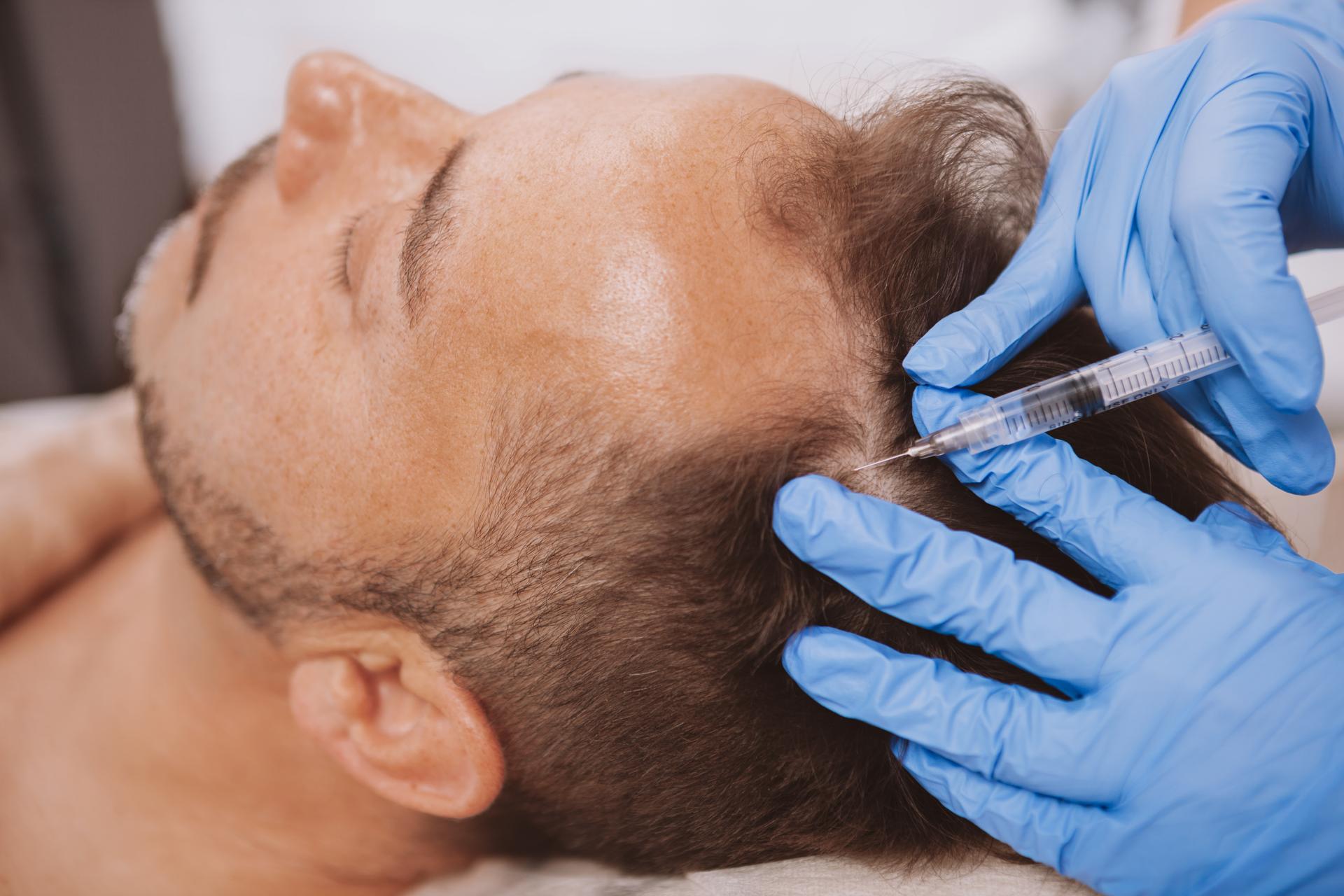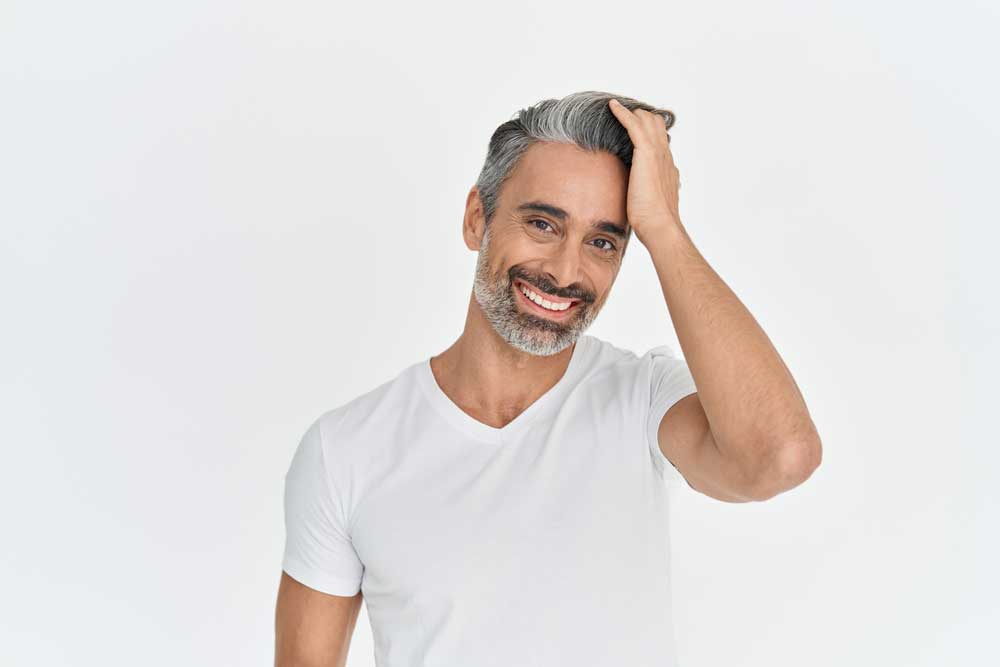If you have finally decided to get a hair transplant, you have most likely done all your research and have considered all the important factors associated. These could include side effects, the cost, preoperative measures, aftercare, recovery time, etc.
Getting a hair transplant is a life-changing decision and involves an investment of time and money. Thus, patients need to have a thorough understanding of what is involved and what to expect to make an informed decision and get optimal results. One important factor to consider is the ideal time of the year to get a hair transplant.
Does warm weather affect a hair transplant?
During the hot summer months, it is normal to sweat while going about with your daily activities. Therefore, if you are thinking of getting a hair transplant in the summer, you may need to consider whether excessive sweating will impact your hair transplant results and the recovery time. When people are usually advised to rest for a few days after their hair transplant, they are not advised to do so to avoid sweating. Rest is recommended to aid the aftercare and recovery process. Sweat in it itself does not affect your hair transplant results nor the recovery time. The only thing important is to keep your scalp clean.
When you step out in the sun, ensure you wear a loose hat or a cap to protect your scalp from direct sun exposure. Direct sun exposure can obstruct the healing process.
So really, if you’re considering having a hair transplant during the summer months, just keep your scalp clean and avoid exposure to the sun for a few days after your surgery.
Related: When Can I Color My Hair After A Hair Transplant Treatment?
Does cold weather have an impact on a hair transplant?
Having a hair transplant during the winter months may mean exposure to colder temperatures. It is important to know that cold weather temperatures do not interfere with the healing process. However, as a standard aftercare measure, it is still important to protect your scalp and newly implanted grafts from the elements. Therefore, make sure you avoid exposing your scalp to the harsh winter elements for a week to ten days after your hair transplant. After a week, you may wear a loose hat, as long you ensure it does not rub against your new hair grafts.
Hair transplant aftercare
So it really doesn’t matter too much whether you get your hair transplant during the summer or winter months. The recovery process and your hair transplant results will depend on how well you follow all the aftercare instructions given to you by your surgeon. When you get your FUE or FUT hair transplant from the New Jersey Hair Restoration Centre (NJHRC), our professionals will provide you with all those necessary instructions to ensure you have great results.
See Also: How to Sleep After a Hair Transplant Procedure?
Following are a few basic hair transplant aftercare tips to follow for optimum results:
- Avoid washing your hair for a few days after the hair transplant.
- For the first few weeks, wash your scalp with a gentle shampoo such as baby shampoo or a specialist shampoo.
- Avoid contact sports or any other activity that may accidentally cause you to touch or rub your scalp.
- Ensure regular follow-ups with your doctor to check whether the incisions are healing well.
- Avoid combing over the grafts for at least three weeks after your hair transplant surgery.
- Use a painkiller as and when you feel any discomfort.
In case you experience any issues after the treatment, contact your doctor as soon you can to diagnose any possible problems.
Your search for the best hair transplant doctor in NJ ends with us at the New Jersey Hair Restoration Center. We specialize in numerous treatment options, including FUT and FUE hair transplant, PRP therapy, and more. Book a complimentary consultation with our qualified professionals today.


